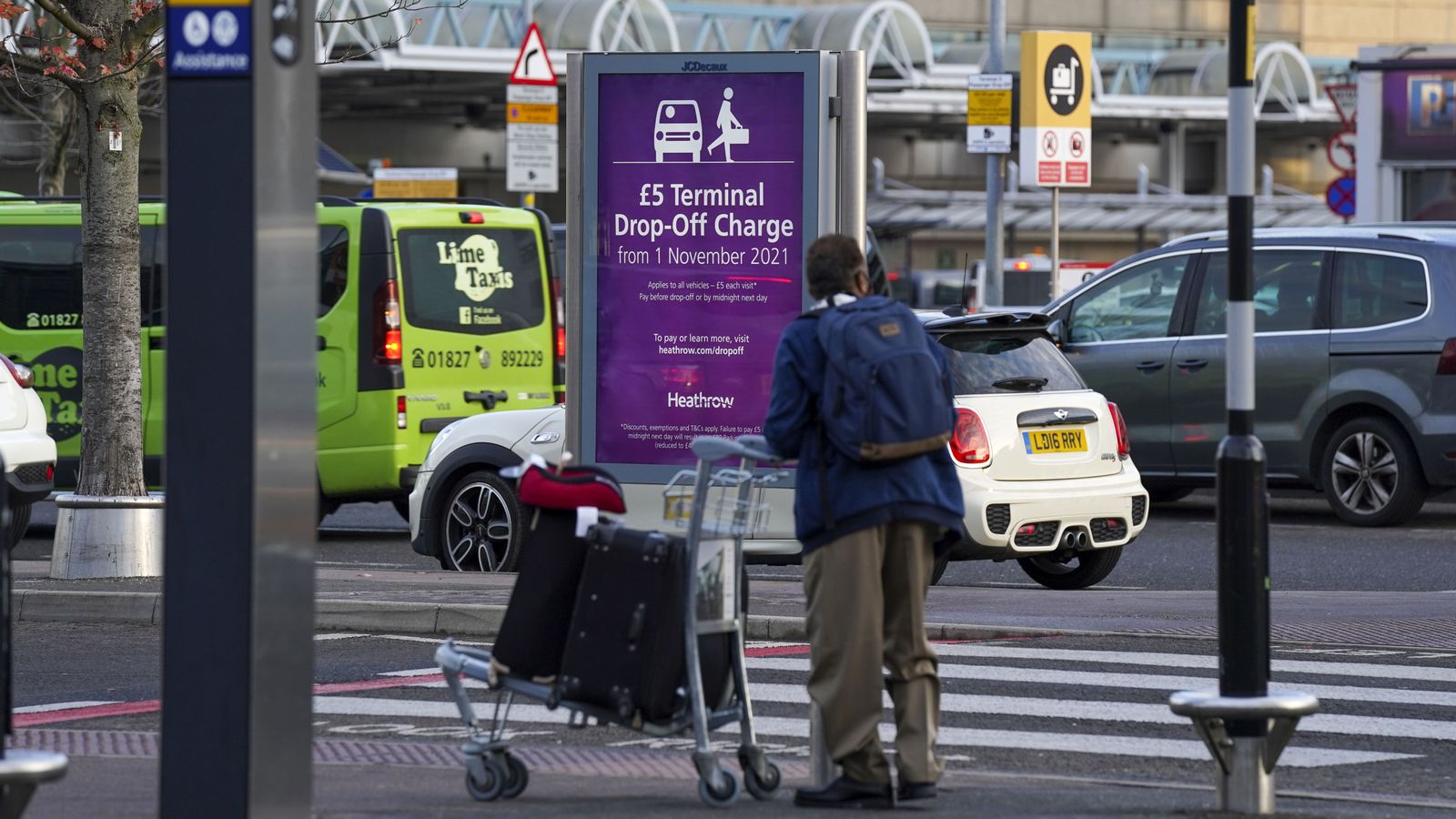Tech bosses threatened with jail as government cracks down on children's access to social media
Social media companies must face tough sanctions if they fail to keep children safe from harmful content, the technology secretary has said.

Speaking exclusively to Sky News, Peter Kyle said age verification for adult material would have to be "watertight", and that apps that do not protect children will face heavy fines and even jail time for company bosses.
He was talking ahead of new requirements, to be announced by the regulator Ofcom in mid-January, for platforms to protect children from a wide range of harmful content including bullying, violence and dangerous stunts.
Apps for adults only will also be required to introduce tighter age verification, via a credit card or ID.
Mr Kyle said: "If they allow the children who are under the age that is appropriate, to view content, then they can face heavy fines and, in some circumstances, they'll face prison sentences.
"This is the kind of direction of travel you're going to have with me because I want to make sure kids are kept safe. These are not rules and powers that I'm bringing in just to sit on a shelf.
"These are powers that we're bringing in for a purpose. At the moment, I accept that parents don't believe that their kids are safe online because too often they're not."
'Not enough research'
Mr Kyle said he was "in admiration of what these companies have created" and that lots of organisations, including the government, could learn from the tech sector.
But he added: "I do have a real deep frustration and yes, that could be called anger when it comes to the fact that not enough research has been produced about the impact their products have.
"If I was producing a product that was going to be used ubiquitously throughout society that I knew that children as young as five are going to be accessing it, I would want to be pretty certain that it's not having a negative impact on young people."
The Online Safety Act was passed in October 2023 and is being implemented in stages. It will allow companies to be fined up to £18m, or 10% of turnover as well as criminal charges.
In December, the regulator Ofcom set out which content is illegal - including sexual exploitation, fraud and drug and weapons offences.
Could UK follow Australia?
The Australian government has announced it will ban under-16s from most social media altogether, which some campaigners are calling for the UK to follow.
Mr Kyle said he has no plans for one at this stage, as he met a group of teenagers from across the country at the NSPCC children's charity to talk about their experiences online.
Some mentioned the "addictiveness" of social media, and coming across "distressing" content. But all were against a ban, highlighting the positives for learning, and of online communities.
The UK chief medical officers reviewed the evidence on harm to children from "screen-based activities" - including social media and gaming - in 2019.
Their report found associations with anxiety and depression, but not enough evidence to prove a causal link. It backed a minimum age of 13 for using these apps.
But the technology secretary has commissioned more research to look at the issue again by next summer, as countries including France and Norway have raised the minimum age to 14 or 15.
Ofcom research last year found nearly a quarter of five-to-seven-year-olds have their own smartphone, with two in five using messaging services such as WhatsApp despite it having a minimum age of 13.
By the time they are 11, more than 90 percent of children have a smartphone.
Lee Fernandes, a psychotherapist specialising in addiction, told Sky News at his London clinic that he has been increasingly treating screen addiction in young adults, some of whose problems began in their teenage years.
"In the last five years, I've seen a big increase in addictions relating to technology," he said.
"I think everyone just thinks it's mindless scrolling, but we're habituating children's minds to be stimulated from using these phones and they're getting these hits of dopamine, these rewards."
Social media companies privately say teenagers use over 50 apps a week and argue that app stores should develop a "one-stop shop" rather than ID checks for each individual app.
Some platforms already require teenagers to prove their age through a video selfie or ID check if they attempt to change their age to over-18.
There are also AI models being developed to detect under-18s pretending to be adults. Specific teen accounts by providers including Meta restrict certain messages and content.
-SKY NEWS







